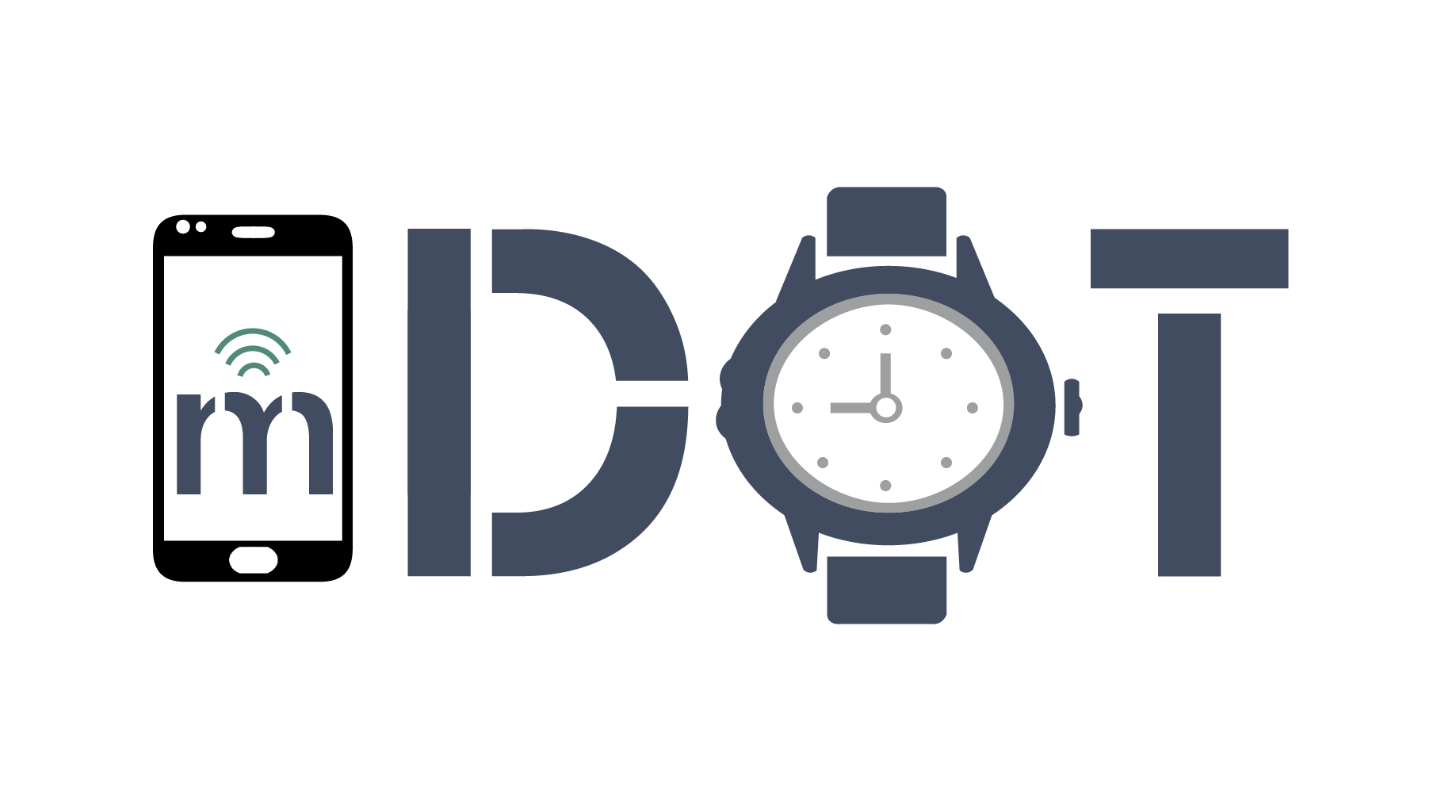The mDOT Center
Transforming health and wellness via temporally-precise mHealth interventions






mDOT@MD2K.org
901.678.1526
901.678.1526






Tuesday, October 31, 2023 | 8:00 AM – 5:00 PM ET
The primary goal of the meeting is to establish a well-defined roadmap for the Center’s second term (2025-2030). Participants engage in comprehensive discussions focused on refining the Center’s direction, identifying key areas for improvement, and deciding on the focus of Technical Research and Development (TR&D) projects. This roadmap is crucial for securing funding and achieving tangible outcomes.
Lessons Learned sessions allow participants to reflect on the successes and challenges of the Center’s first term. Evaluating what has worked, what hasn’t, and what needs modification provides valuable insights. This retrospective analysis guides decision-making for the future, ensuring the Center builds upon its strengths and addresses any shortcomings.
The inclusion of Student Lightning Talks and Poster Showcases adds an interactive dimension to the meeting. It provides students with opportunities to present their research, encouraging engagement and feedback from attendees. This interactive session promotes knowledge exchange and networking among students and established researchers.
The meeting dedicates significant time to identify 3-4 specific TR&D projects for the second term. Participants evaluate each project’s potential impact, outline specific aims, and discuss tangible results (milestones). The push-pull relationship between Core Projects (CPs) and Special Projects (SPs) is explored, ensuring a cohesive and productive collaboration.
Participants collaboratively work on creating an overall pitch for the Center’s second term. By aligning the TR&Ds’ objectives, the pitch aims to be compelling and coherent, emphasizing the Center’s 15-year vision. This exercise ensures a unified approach and strengthens the Center’s identity in the research community.
The Executive Advisory Committee Feedback Session allows the Center to benefit from the insights and expertise of external advisors. Seeking feedback and suggestions strengthens the Center’s impact and fosters collaborations. Discussions revolve around strategies to enhance the Center’s influence in the field.
The meeting concludes with a session dedicated to summarizing the day’s discussions, outlining action items, and specifying responsibilities for follow-up. This session ensures that the outcomes of the meeting are translated into actionable plans, guiding the Center’s activities in the immediate future.
The annual meeting will take place in the Science & Engineering Complex at Harvard University. The Science and Engineering Complex (SEC) is the most significant new building constructed by Harvard in a generation.
SEAS Administration and the labs and offices of approximately half of the SEAS faculty are housed in this building, along with student- and industry-facing departments, sloped and flexible flat classrooms, maker space and teaching labs, a library, café, dedicated space for student organizations, and extensive common space to encourage interaction and collaboration.
Science & Engineering Complex, Rm 4.307
Harvard University
150 Western Avenue
Allston, Massachusetts, 02134
The majority of meeting attendees will be staying at the Harvard Square Hotel, located just 10 minutes from the Science & Engineering Complex by shuttle (or 19 minutes by foot).
Harvard Square Hotel
110 Mount Auburn Street
Cambridge, Massachusetts, 02138
Phone: 617-864-5200
Those driving to the conference venue and looking to park on the Harvard Campus can purchase and print online daily parking permits at https://hopps.vpcs.harvard.edu/. It is suggested that you setup your account and purchase your daily permit beforehand so that lots that are conveniently close to the conference venue (Harvard’s Science and Engineering Complex) do not sell out. A permit is $22 and one is need for each day. While setting up your guest account use the following steps to fill out the mandatory information for Harvard’s parking system:
The recommended lots are:
*** Please note that the permit must be printed and displayed in order to be valid. ***
Continental breakfast, freshly brewed coffee, and hot tea will be available from 8:30 am onwards just outside the meeting room in the Science & Engineering Complex, Room 4.307.
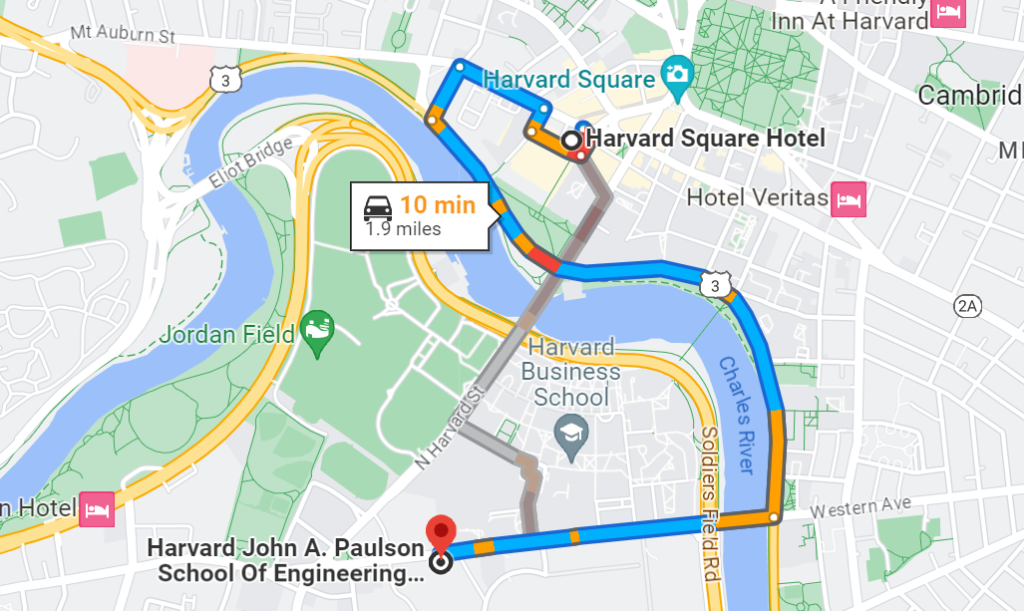
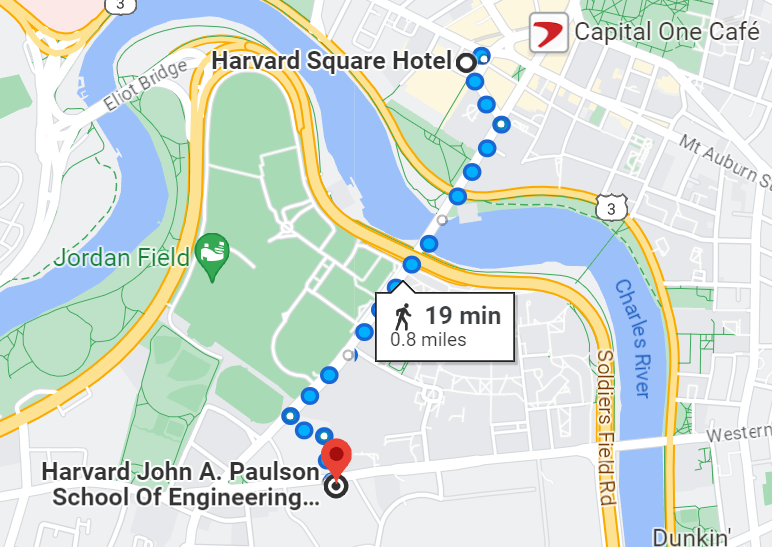
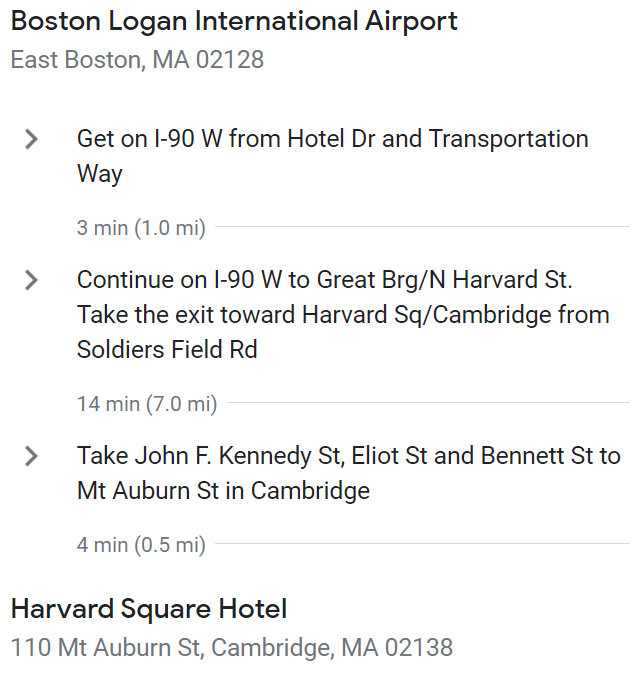
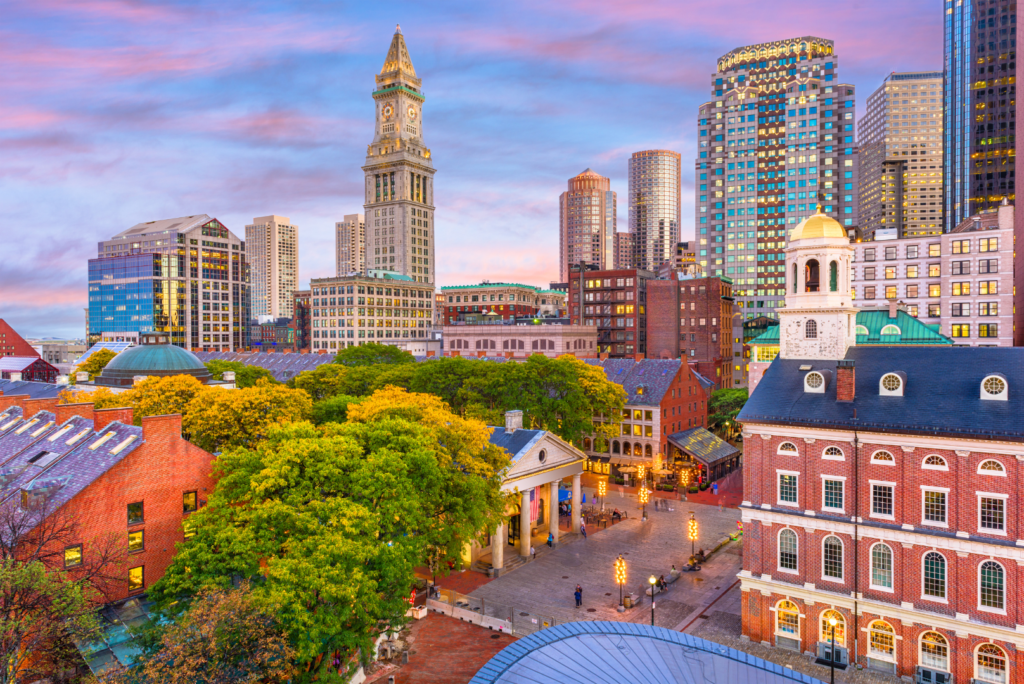
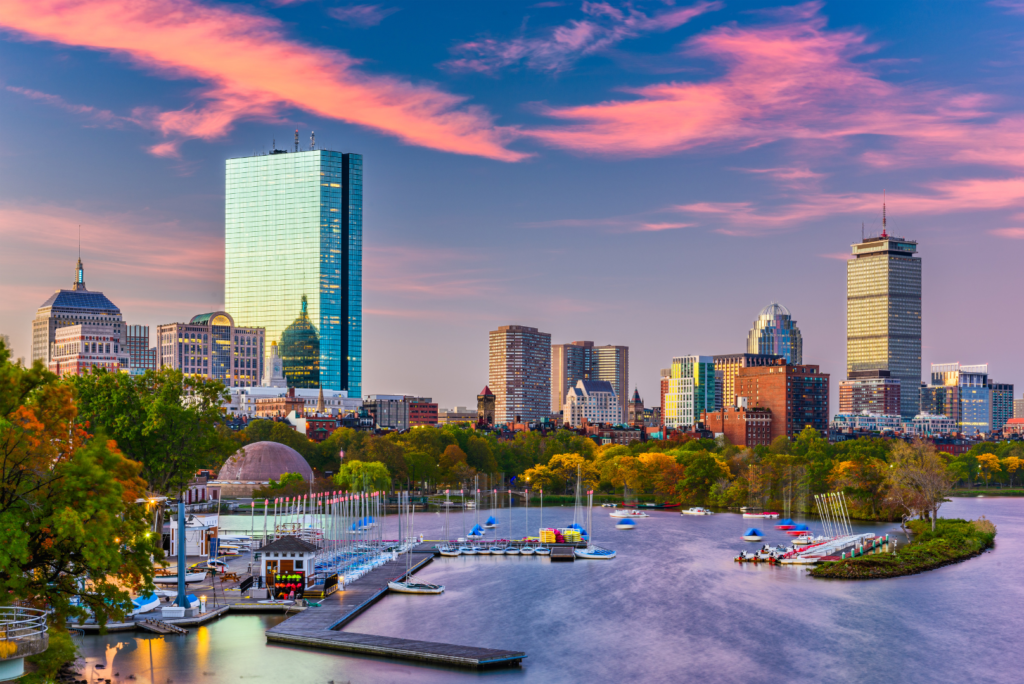
Everyone knows that Boston is one of the most historically abundant cities in the United States. And while we’ve all heard the stories of the midnight ride and the Boston Tea Party, there are some fun facts that many folks don’t know about Beantown. (Courtesy of Boston Sightseeing Tours)


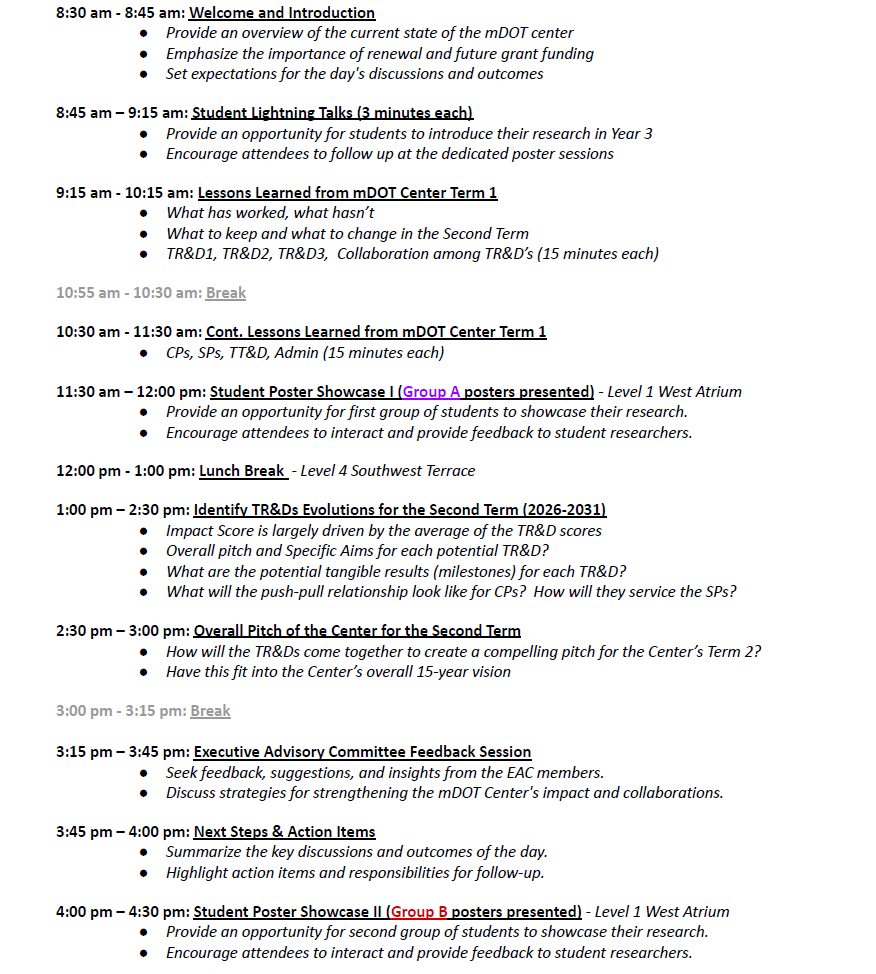
Jason Hong, PhD | Professor in the Human Computer Interaction Institute | Carnegie Mellon University
David Kennedy, PhD | Professor of Psychiatry | University of Massachusetts Medical School
Veena Misra, PhD | MC Dean Distinguished University Professor | NC State University
Jimeng Sun, PhD | Health Innovation Professor | University of Illinois Urbana-Champaign
Santosh Kumar, PhD | Lillian & Morrie Moss Chair of Excellence Professor | University of Memphis – Center Director, Lead PI, TR&D1, TR&D2, TR&D3
Jim Rehg, PhD | Founder Professor of Computer Science | University of Illinois Urbana-Champaign – Center Deputy Director, TR&D1 Lead
Susan Murphy, PhD | Professor of Statistics & Computer Science | Harvard University – TR&D2 Lead
Benjamin Marlin, PhD | Associate Professor | University of Massachusetts Amherst – Co-I, TR&D1, TR&D2
Emre Ertin, PhD | Associate Professor | The Ohio State University – TR&D3 Lead
Mani Srivastava, PhD | Professor of Electrical Engineering & Computer Science | University of California, Los Angeles – Co-I, TR&D3
Vivek Shetty, DDS, MD | Professor of Oral & Maxillofacial Surgery/Biomedical Engineering | University of California, Los Angeles – Training & Dissemination Lead
Yuyi Chang | Doctoral Student | The Ohio State University – TR&D3, Poster Presenter
Asim Gazi, PhD | Postdoctoral Fellow in Computer Science | Harvard University – TR&D2, Poster Presenter
Karine Karine | Doctoral Student | University of Massachusetts Amherst – TR&D1, TR&D2, Poster Presenter
Ivana Malenica, PhD | Postdoctoral Fellow in Statistics | Harvard University – TR&D2, Poster Presenter
Sameer Neupane | Doctoral Student | University of Memphis – TR&D1, Poster Presenter
Xiaomin Ouyang, PhD | Postdoctoral Researcher | University of California, Los Angeles – TR&D3, Poster Presenter
Mithun Saha | Doctoral Student | University of Memphis – TR&D1, Poster Presenter
Max Xu | Doctoral Student | Georgia Institute of Technology – TR&D1, Poster Presenter
Ziping Xu, PhD | Postdoctoral Fellow in Statistics | Harvard University – TR&D2, Poster Presenter
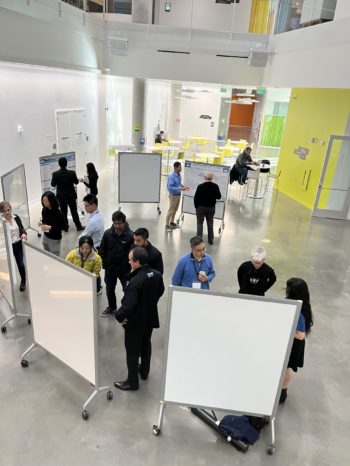
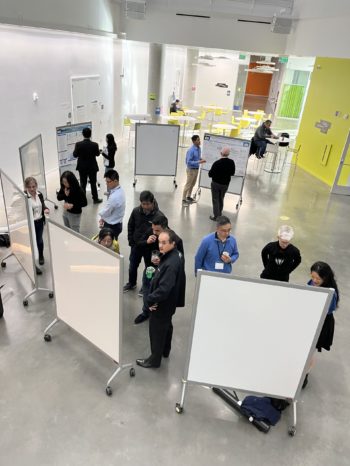
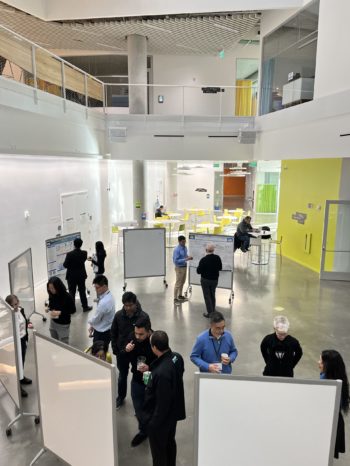
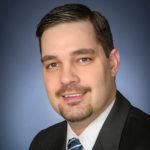
Director of Operations
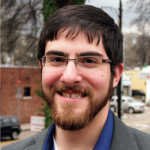
Director, Research Data & Studies
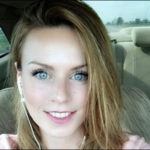
Manager, Communications
